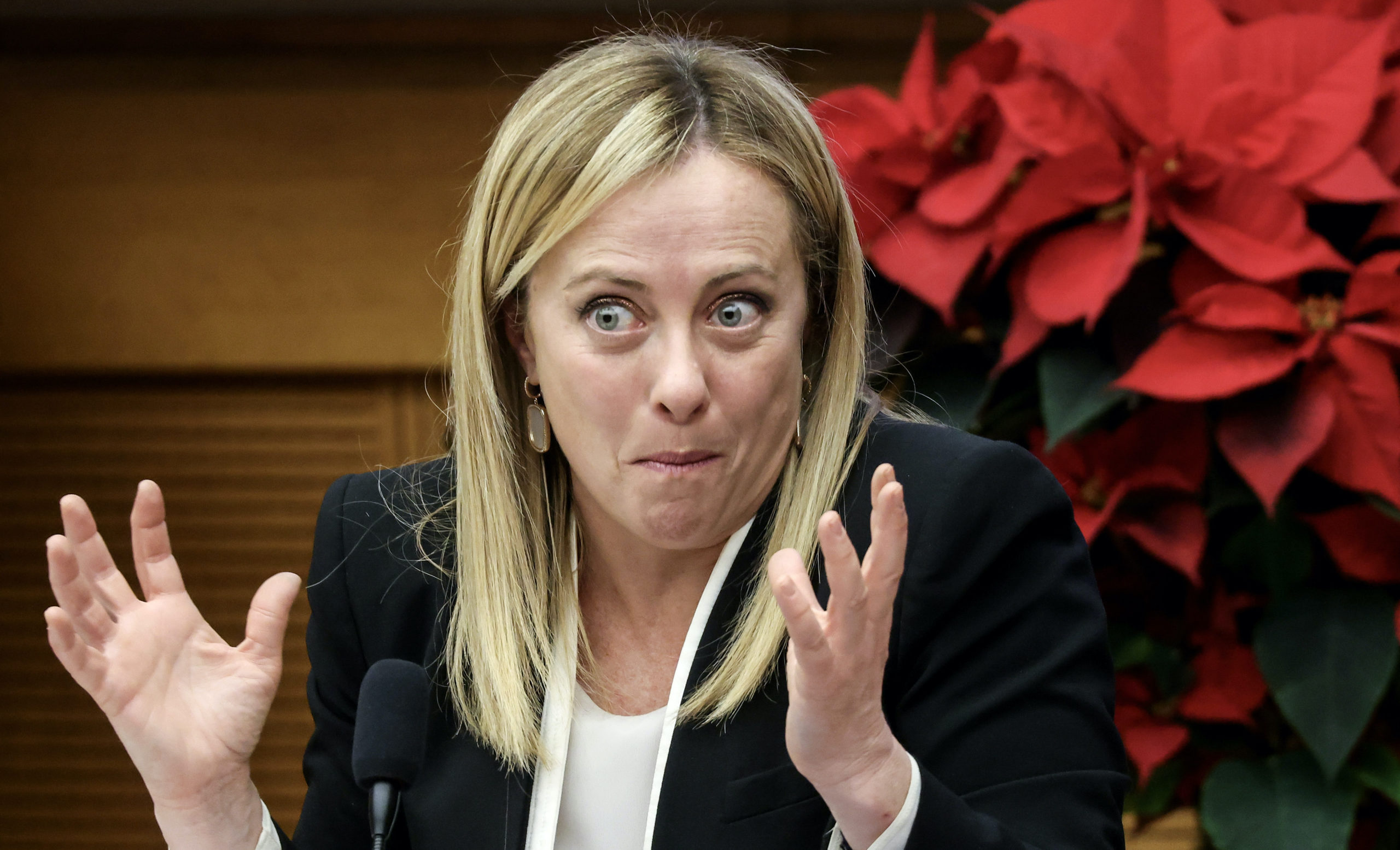‘Italy’s populist Right looks menacing,’ read The Economist’s header as she rose to prominence in 2021. According to the publication back then, Giorgia Meloni’s Fratelli d’Italia‘s ‘extreme’ party wanted to:
Fast-forward to this week, 100 days into Meloni’s premiership, and The Economist’s fears have not materialised. Instead, it now says that her party’s rise in the polls (from 26% in September to nearly 30% today), suggest that ‘few governments [have] approached the end [of this milestone] in such good shape as Giorgia Meloni’s Right-wing coalition.’
The publication can hardly get enough of her:
The article goes on to commend Meloni for successfully passing a budget through parliament, capturing a leading Mafioso, and keeping the markets humming. There are, of course, ‘choppier waters’ ahead, but only three months ago, the magazine had warned that ‘storm clouds’ were looming. The bad weather is yet to pass.
That an elite, technocratic publication like The Economist had its concerns about a national-populist like Meloni is not surprising. It echoed the fears of many other liberal publications (and readers) at the time, which alternately described Meloni as a neo-fascist, ‘fascist-adjacent’ and a Mussolini sympathiser. It fell to one Meloni’s own opponents, Matteo Renzi, to tell CNN viewers that fascism was not, in fact, on the rise in Italy.
Since her election win, coverage of Meloni in papers like The Guardian has noticeably fallen. That is probably because she has not turned out to be a dangerous fascist, but instead a fairly conventional fiscal and foreign policy hawk whose main priorities are cutting the deficit and maintaining aid to Ukraine. Even on immigration, she has backed down on blocking ships carrying migrants to Italian shores.
As Thomas Fazi noted on these pages at the time of her election, Meloni “knows very well that Italy is not a sovereign nation, and that winning an election is only part of the effort. Having the support of the European (and American) establishment is just as important, if she wants to remain in power”. To some it will be a relief, to others a disappointment that Meloni was never the populist she made herself out to be.











Join the discussion
Join like minded readers that support our journalism by becoming a paid subscriber
To join the discussion in the comments, become a paid subscriber.
Join like minded readers that support our journalism, read unlimited articles and enjoy other subscriber-only benefits.
Subscribe